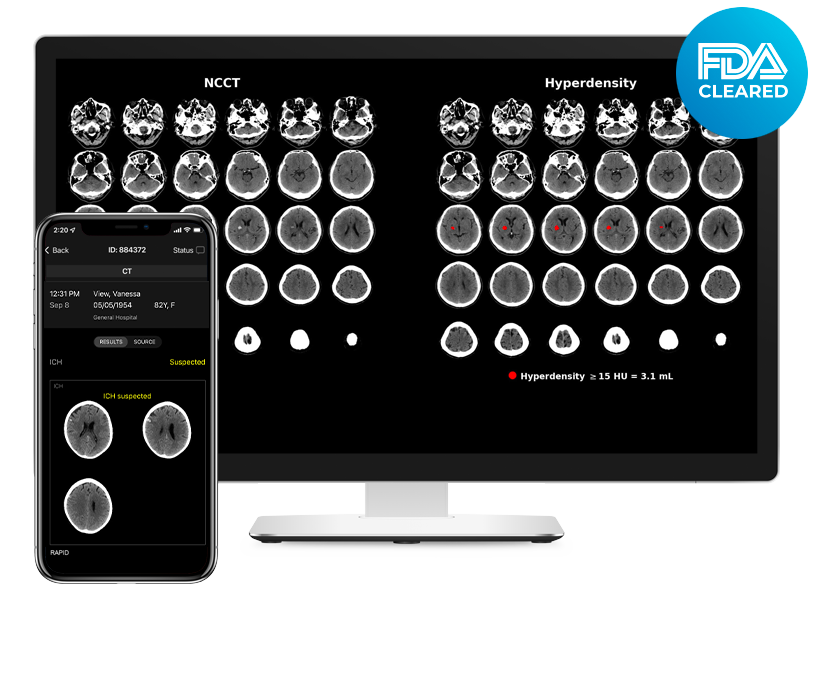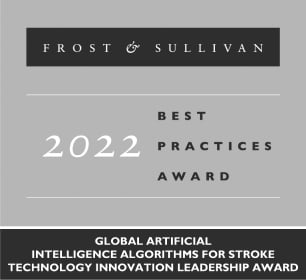A Technical Overview of Rapid ICH and the Role of Machine Learning
RapidAI has developed a computerized system based on machine learning that automatically screens CT scans for the presence of intracranial hemorrhage (ICH) immediately after the scan acquisition. This technical paper highlights the importance of this development and the role of state-of-the-art AI systems— from methods and data to suspected ICH identification accuracy and performance.













